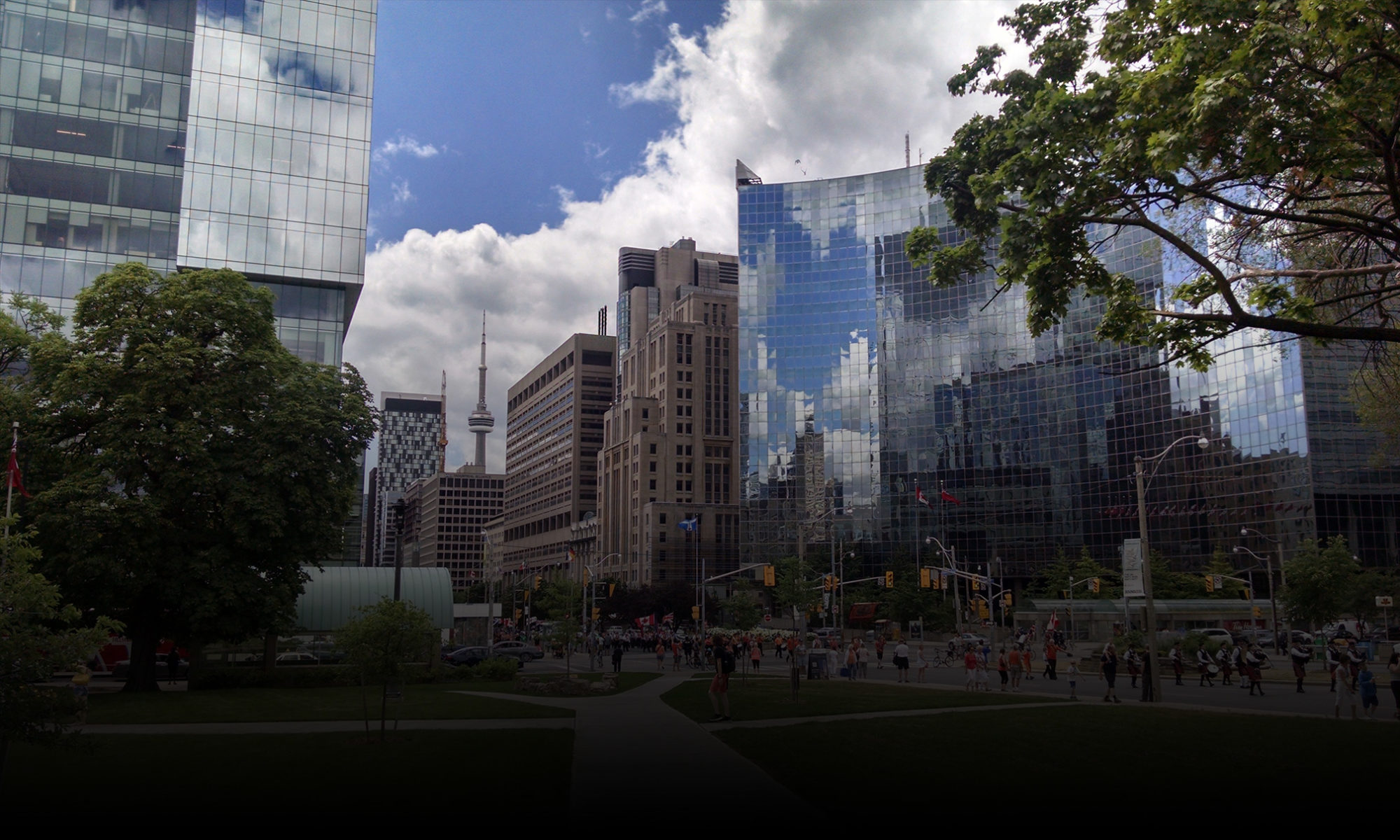Nature is the Original Hacker
Nature is the original hacker; she’s been at it for a long time, much longer than humans. Does nature ever get it wrong? The follow-up question is, wrong from whose perspective, a human perspective? Or, is it like Leonardo da Vinci said of art, “Art is never finished, only abandoned.” Perhaps when we think of nature being wrong, whatever we’re observing simply isn’t completed.
Generous Design by Nature
Nature is bountiful and sustainable; it’s also very generous. Trees, for example, are a generous gift from nature. Glorious natural trees are water absorbing, pollution filtering, soil protecting, oxygen giving, and shelter providing. Planting trees is good for the planet as trees absorb carbon dioxide, one of the gases that collect in the atmosphere, trap heat, and warm the planet. Trees are good for people too, with many positive psychological benefits. Being in the presence of swaying trees reduces anxiety, lowers blood pressure and connects us to the natural environment. The soothing rhythmic motion of trees or even grass is not unlike that of mothers who instinctively use gentle swaying motion to comfort their babies. Did you ever notice that you feel better around trees or in a rocking chair?
“The symbolism – and the substantive significance – of planting a tree has universal power in every culture and every society on Earth, and it is a way for individual men, women and children to participate in creating solutions for the environmental crisis.”
Albert Arnold “Al” Gore, Jr.
45th Vice President of the United States
Author, environmental activist,
2007 Nobel Peace Prize Winner
(born March 31, 1948)
Trees are a generous gift from nature. Humans can be generous designers as well.
Generous Design by Humans
As I describe in, The Experience Design Blueprint, generous design makes people smile. When an organization exceeds expectations without any pressure to do so, people often take notice. It might mean going beyond what is required by law or code, or even the norm set by competitors. Often the thoughtfulness goes unnoticed, but the design still serves to make things a little easier or a little better.
When you experience generous design firsthand you think to yourself, “Wow, somebody thought of that. How nice!” But, more importantly, you feel that somebody cared and as a result they touched your heart and your mind. Generous design goes beyond expectations, like a dual drinking station for humans and canines alike or a stair rail that extends a little more than required, so that it comfortably greets those about to meet the stairs. Unexpected trees alongside the built environment can be generous gifts that restore the human spirit, cause us to slow down, and even provide healing. We see and feel these in urban areas, parks, boulevards, universities, and even healthcare facilities.

Arbor Day
Arbor Day is the day dedicated annually to public tree-planting in the U.S., Australia, and other countries around the world. You needn’t be an arborist or a landscape designer to plant a tree. Even birds (or other animals) inadvertently plant trees as they eat fruit in one area and defecate in another. Animals do this without even thinking. But, you are human, perhaps even superhuman. You can be a thoughtful, generous designer and plant a tree, if not for yourself for those who will enjoy it 100 years from now.

Culture of Care
Though Arbor Day provides you an official day to be thoughtful and generous, you needn’t be gated by such holidays. Opportunities for generous design are all around us. The best thing is you don’t have to be a designer by title or role – a bird isn’t, after all. You can participate at any time, in planting a tree or other thoughtful acts that exceed expectations and turn lips upward. The Culture of Care is afoot. If you’ve already joined – thank you! If not, we hope you’ll join our movement.
about the author
Gregory Olson founded strategy and design firm Delightability, LLC. with the belief that if you delight customers then success will follow. He believes that we all have the potential to do better, as individuals, organizations, and entire nations.
 Gregory Olson’s latest book is L’ impossi preneurs: A Hopeful Journey Through Tomorrow, a light-hearted and deadly serious book about a brighter future where we live more meaningful lives, governments invest in people and sustainable progress, and technology serves humans.
Gregory Olson’s latest book is L’ impossi preneurs: A Hopeful Journey Through Tomorrow, a light-hearted and deadly serious book about a brighter future where we live more meaningful lives, governments invest in people and sustainable progress, and technology serves humans.
Greg also authored The Experience Design Blueprint, a book about designing better experiences and then making them come true.





 Gregory Olson founded strategy and design firm Delightability, LLC. with the belief that if you delight customers then success will follow. He believes that we all have the potential to do better, as individuals, organizations, and communities, but sometimes we need a little help. Gregory also serves as a volunteer board member for
Gregory Olson founded strategy and design firm Delightability, LLC. with the belief that if you delight customers then success will follow. He believes that we all have the potential to do better, as individuals, organizations, and communities, but sometimes we need a little help. Gregory also serves as a volunteer board member for  Robots Don’t Kill Jobs But CEOs Do
Robots Don’t Kill Jobs But CEOs Do More plainly, it is about greed. The intent is to move money that would otherwise be paid to workers and redistribute instead to leadership and investors, either directly or indirectly. It is a flawed equation from the onset. History is proving this more and more, if only we would learn. Unfortunately, maximizing shareholder value and its related bad ideas are still perpetuated by business schools, investors of the short run, and the unwitting. There are simply more stakeholders to the equation that are made to be invisible, namely humans and the environment. Smart progressive leaders and companies already realize this. So do the customers that align to those values.
More plainly, it is about greed. The intent is to move money that would otherwise be paid to workers and redistribute instead to leadership and investors, either directly or indirectly. It is a flawed equation from the onset. History is proving this more and more, if only we would learn. Unfortunately, maximizing shareholder value and its related bad ideas are still perpetuated by business schools, investors of the short run, and the unwitting. There are simply more stakeholders to the equation that are made to be invisible, namely humans and the environment. Smart progressive leaders and companies already realize this. So do the customers that align to those values. A better world begins with the decisions made at dinner tables and carried through to the office and the board room. CEO decisions don’t live in some special vacuum. When a Hungarian camerawoman decides to trip a man carrying his child as they strive for refuge and a fresh start, the world watches. And, when a CEO chooses to trip a person or family that relied on a paycheck, also on the way to somewhere, the world watches, too. The song of cuts has been played over and over again. In the case of HP, 100,000 jobs cut in the last 10 years. In the case of Microsoft 20,000+ in recent years. For HSBC is was 50,000 jobs recently announced to be cut and Deutsche Bank yesterday announced it will cut 25% of its workforce, or 23,000 human beings. Plenty of other examples abound. It is time to change the music. It’s also time to own up to the decision and stop blaming “things”.
A better world begins with the decisions made at dinner tables and carried through to the office and the board room. CEO decisions don’t live in some special vacuum. When a Hungarian camerawoman decides to trip a man carrying his child as they strive for refuge and a fresh start, the world watches. And, when a CEO chooses to trip a person or family that relied on a paycheck, also on the way to somewhere, the world watches, too. The song of cuts has been played over and over again. In the case of HP, 100,000 jobs cut in the last 10 years. In the case of Microsoft 20,000+ in recent years. For HSBC is was 50,000 jobs recently announced to be cut and Deutsche Bank yesterday announced it will cut 25% of its workforce, or 23,000 human beings. Plenty of other examples abound. It is time to change the music. It’s also time to own up to the decision and stop blaming “things”.

 Human progress is overdue. It’s time we return the keys to the makers. Let’s once again make, create, invest. Let’s celebrate progress, collaborate, innovate. Let’s inspire. Let’s be authentic. Let’s be concerned. Let’s invite newcomers to the table. Let’s keep our promises both explicit and implicit. Let’s solve problems of the world. Boards need to support CEO actions in this regard and then hold them to account.
Human progress is overdue. It’s time we return the keys to the makers. Let’s once again make, create, invest. Let’s celebrate progress, collaborate, innovate. Let’s inspire. Let’s be authentic. Let’s be concerned. Let’s invite newcomers to the table. Let’s keep our promises both explicit and implicit. Let’s solve problems of the world. Boards need to support CEO actions in this regard and then hold them to account.

